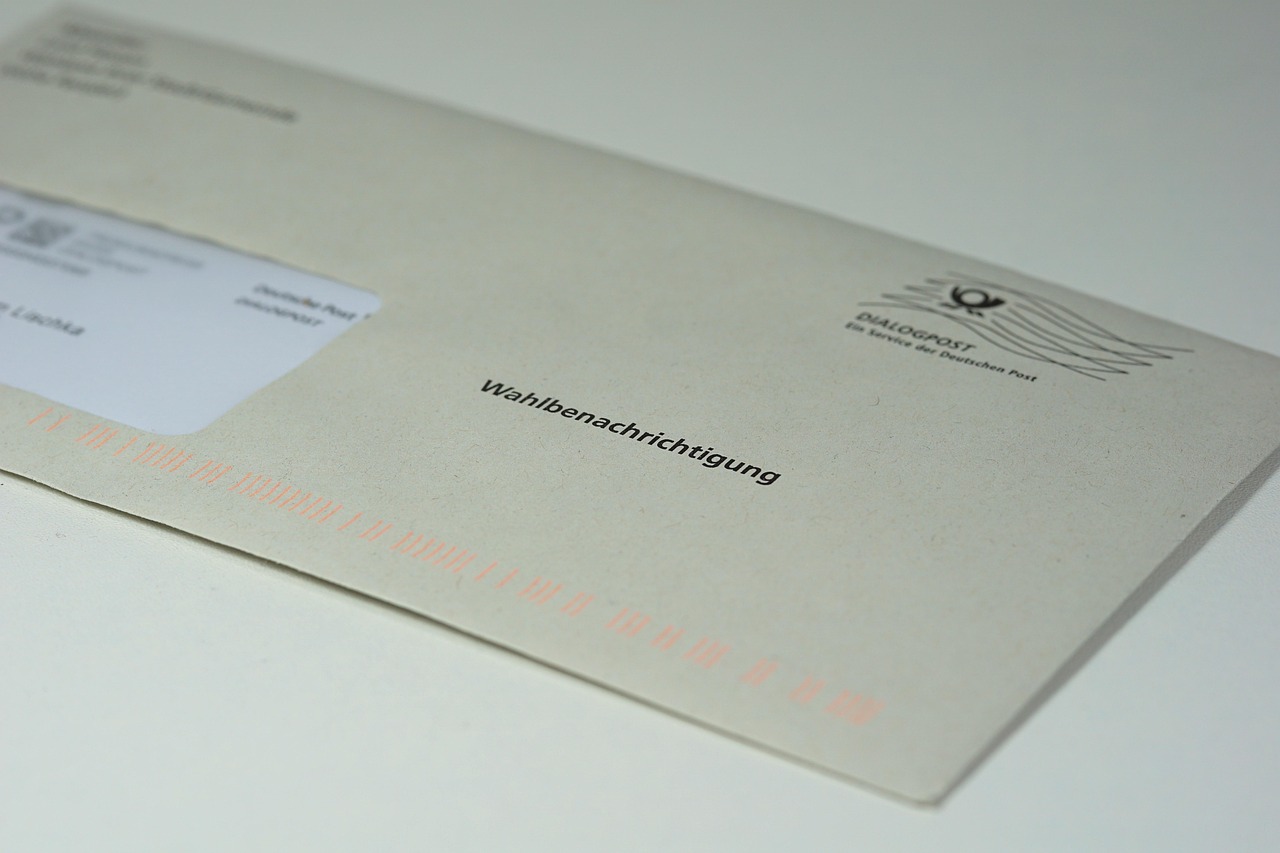Top Mistakes to Avoid When Applying Through UCAS (and How to Get It Right)
🎯 Introduction: Applying Through UCAS Doesn’t Have to Be Stressful
The UCAS (Universities and Colleges Admissions Service) process is the gateway to higher education in the UK — but for many students, it feels confusing and stressful.
Whether you’re applying straight from college, returning to education later in life, or helping someone else through it, the process can be overwhelming. But it doesn’t have to be.
At The Study Loop, we’ve supported hundreds of applicants through UCAS — and we’ve seen the same avoidable mistakes crop up time and time again.
In this blog, we’ll break down the top UCAS mistakes and give you practical tips to make your application strong, smooth, and stress-free.
❌ Mistake #1: Leaving It Too Late
UCAS deadlines creep up fast. For most undergraduate courses, the main deadline is 31 January — but some competitive courses (like medicine, dentistry, and Oxbridge) have a much earlier deadline in October.
Many students wait too long to gather documents, write their personal statement, or choose their courses — only to panic as the deadline approaches.
🟢 Tip: Start preparing at least 2–3 months before the deadline. Give yourself time to research, reflect, and revise your application.
❌ Mistake #2: Choosing Courses Without Research
Too many students pick courses because:
- A friend is doing it.
- It “sounds interesting.”
- They don’t know what else to choose.
This can lead to dropping out, losing funding, or studying something you don’t enjoy.
🟢 Tip: Research your course thoroughly:
- What modules are included?
- How is it assessed (exams, coursework, projects)?
- Does it offer placement years or industry links?
- What careers does it lead to?
The Study Loop offers free consultations to help you align your interests, background, and career goals to the right course.
❌ Mistake #3: Rushing Your Personal Statement
Your personal statement is one of the most important parts of your application — it’s your chance to show who you are and why you’re a great fit for the course.
Students often write this last-minute or copy generic templates online — which admissions teams can spot instantly.
🟢 Tip: Start early and follow this structure:
- Why you chose the course
- What makes you suitable (skills, experience, interests)
- Your future goals
- Relevant academic or life experience
- Hobbies/interests that show your strengths
Get feedback from someone you trust — or book a free review session with our team.
❌ Mistake #4: Ignoring Entry Requirements
Each course has specific entry requirements — including qualifications, subjects, and grades. Many students don’t check these carefully and apply to courses they aren’t eligible for.
🟢 Tip: Always check the university website, not just UCAS, for:
- GCSE and A-level requirements
- Subject-specific conditions
- English language qualifications (especially for international applicants)
If you’re unsure whether your qualifications count, we can check them for you.
❌ Mistake #5: Not Using All 5 Choices
UCAS allows you to apply to up to five courses — but many students only apply to one or two, limiting their options.
🟢 Tip: Use all five! Even if you have a favourite, it’s wise to include a range of:
- Aspirational choices (slightly above your predicted grades)
- Realistic matches
- Safe options (with lower entry requirements)
This gives you flexibility when offers come in.
❌ Mistake #6: Ignoring the UCAS Track & Email Updates
After submitting your application, it’s crucial to monitor UCAS Track and your email for updates — including offers, interview invitations, or missing information.
Some students miss out simply because they didn’t see an email in time.
🟢 Tip: Check UCAS Track weekly (daily, closer to decision dates) and whitelist any emails from UCAS or your applied universities.
❌ Mistake #7: Not Asking for Help
This one’s big. Many applicants — especially mature students — try to figure everything out alone. This leads to avoidable errors or missed opportunities.
🟢 Tip: Don’t struggle in silence.
- Ask your college tutor, support worker, or trusted friend.
- Or reach out to The Study Loop — we guide you through every step of the UCAS process at no cost to you.
🔍 Common FAQs
“Do I need a UCAS account to apply?”
Yes — all undergraduate applications go through your UCAS account. We can help you set one up.
“Can I apply without A-levels?”
Yes — mature students can often apply with Access to HE Diplomas or relevant experience, depending on the course.
“Can I edit my application after submitting?”
You can change some details (e.g., contact info), but not your personal statement or course choices. So review carefully before hitting “submit.”
👋 How The Study Loop Helps
UCAS doesn’t have to be confusing. At The Study Loop, we:
- Help you choose the right courses
- Write and review your personal statement
- Walk you through the online application
- Track your application and respond to offers
- Offer guidance on interviews and admissions tests (if required)
All of this is completely free of charge to the student.
✅ Final Thoughts: Apply Smart, Not Just Fast
The UCAS application is your ticket to higher education — and your future. A strong, well-prepared application can mean the difference between a missed opportunity and a life-changing offer.
Take your time, get support, and avoid these common mistakes — and you’ll be setting yourself up for success.
Not sure where to begin? Book a free consultation with The Study Loop and let’s build your future, step by step.





